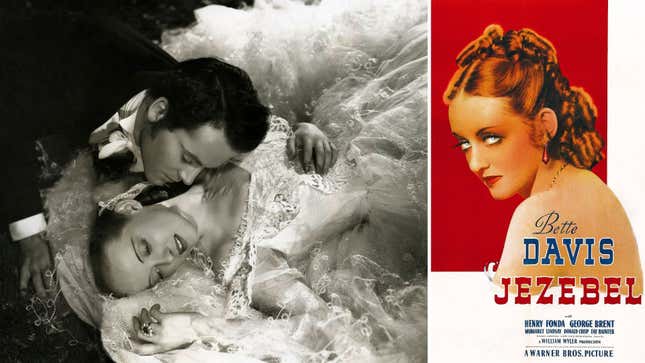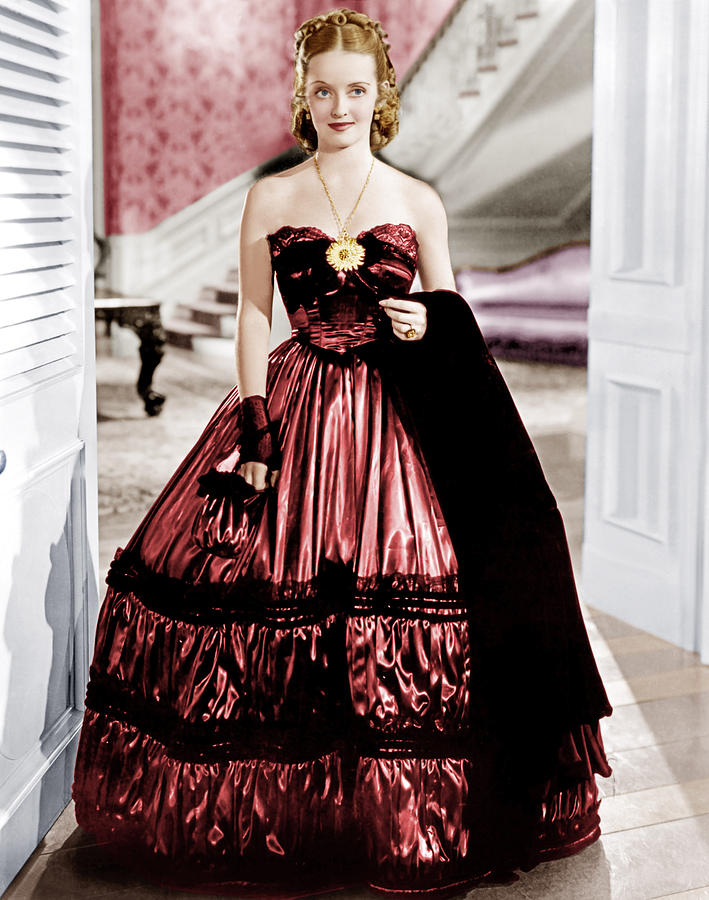Jezebel (1938 Film): A Captivating Tale of Love, Rebellion, and Redemption
Introduction:
"Jezebel," released in 1938, is a timeless classic that continues to captivate audiences with its compelling narrative, stellar performances, and exquisite cinematography. Directed by William Wyler, the film transports viewers to the antebellum South and explores themes of love, rebellion, and redemption. Starring Bette Davis in one of her most iconic roles, "Jezebel" showcases the struggles of a headstrong woman who challenges societal norms in a time of great social change. In this article, we will delve into the rich storytelling of "Jezebel," analyze the film's historical and cultural significance, and highlight the performances that have made it an enduring masterpiece.
Unveiling the Story: Love and Rebellion in the Antebellum South: "Jezebel" is set in New Orleans in the 1850s, a time when strict social codes governed Southern society. The film follows the spirited and impulsive Julie Marsden (Bette Davis), who defies convention by wearing a scandalous red dress to a prominent ball hosted by her fiance, Preston Dillard (Henry Fonda). This act of rebellion leads to dire consequences, as Julie must navigate the complexities of love, pride, and forgiveness in a society deeply rooted in tradition and expectations.
Bette Davis: A Force to Be Reckoned With: Bette Davis delivers a tour de force performance as Julie Marsden, cementing her status as one of Hollywood's greatest leading actresses. Her portrayal of Julie showcases a range of emotions, from fiery defiance to vulnerability, as she grapples with the consequences of her actions. Davis's on-screen presence and intensity bring depth and complexity to the character, making Julie a compelling and memorable figure in film history.
Exploring Gender Roles and Social Norms: "Jezebel" examines the restrictive gender roles and social norms of the antebellum South. Julie's refusal to adhere to societal expectations challenges the status quo, highlighting the limitations placed on women during that era. The film addresses themes of independence, agency, and the consequences of defying societal conventions. Through Julie's journey, "Jezebel" presents a nuanced exploration of gender dynamics and the struggle for self-expression in a society bound by tradition.
The Power of Cinematic Craftsmanship: "Jezebel" showcases the meticulous craftsmanship of director William Wyler and the talented production team. The film's visual aesthetic, from its lush cinematography to its period costumes and set designs, transports viewers to a bygone era. The attention to detail and atmospheric cinematography create a rich and immersive experience, further enhancing the storytelling.
Critical Acclaim and Cultural Impact: "Jezebel" received critical acclaim upon its release, earning several Academy Award nominations and winning Best Actress for Bette Davis. The film's success solidified Davis's status as a Hollywood icon and further established her reputation as a formidable talent. "Jezebel" has also left an indelible mark on popular culture, with its iconic scenes and memorable performances being celebrated and referenced in subsequent films and television shows.
Conclusion: "Jezebel" remains a cinematic gem that deftly explores themes of love, rebellion, and redemption against the backdrop of the antebellum South. Bette Davis's powerhouse performance, coupled with William Wyler's masterful direction and the film's stunning visual craftsmanship, has ensured its place in film history. As a classic tale of female empowerment and the struggle against societal constraints, "Jezebel" continues to resonate with audiences and serves as a testament to the enduring power of storytelling in cinema.
PS: To find movies that only remember the content but don't remember the name, you can try the AI movie search website (using technology from the OpenAI partner company - the company that created ChatGPT): https://www.moviesearch.online/







Comments
Post a Comment